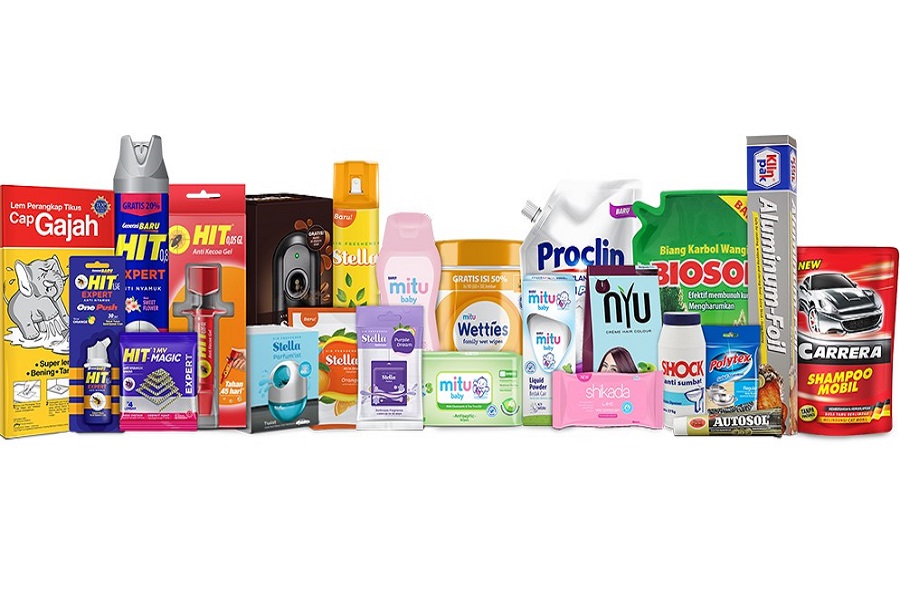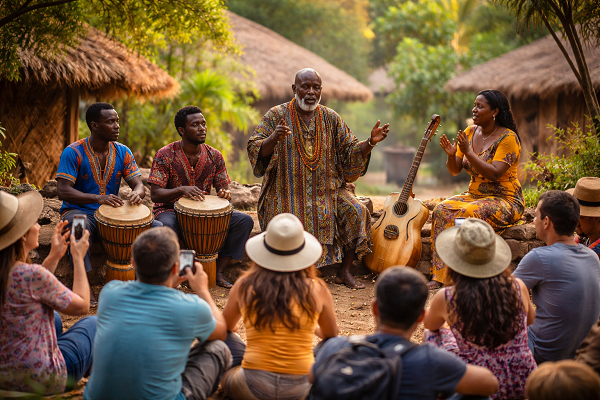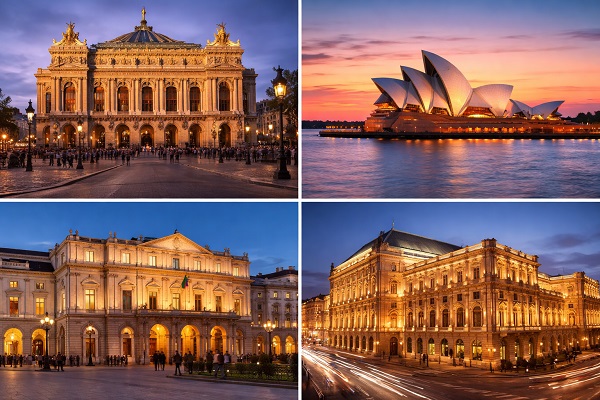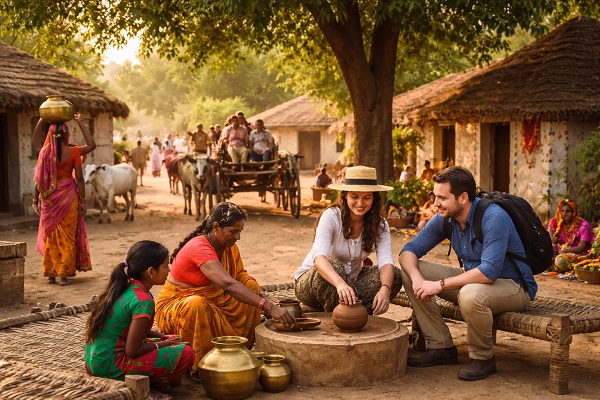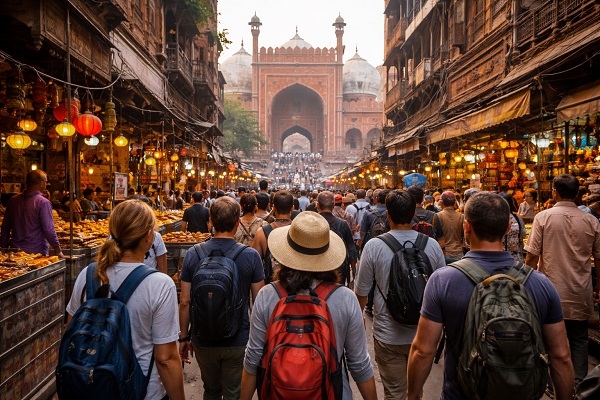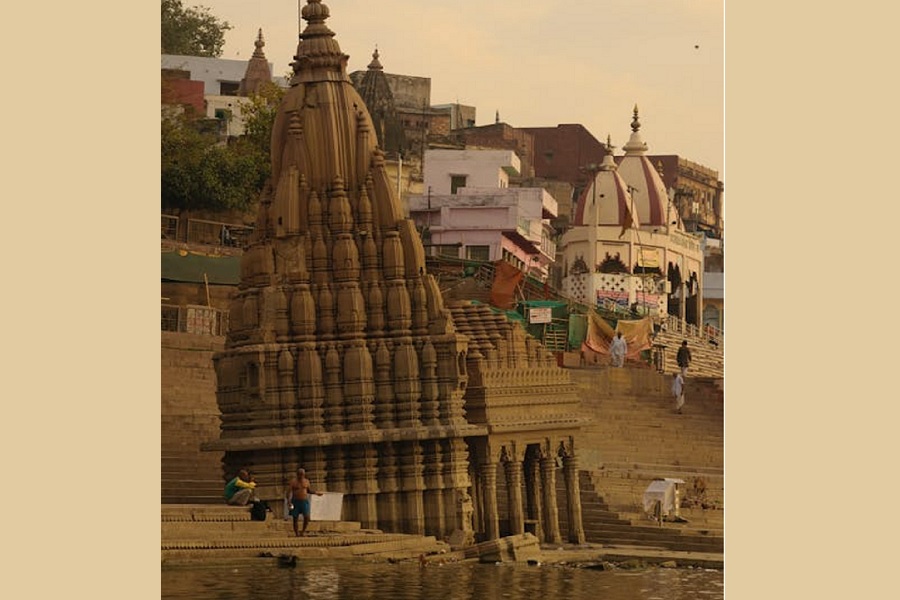The Impact of Cultural Tourism on Local Economies and Communities

Cultural tourism has become a significant driver of growth for many local economies around the world. By encouraging travelers to explore cultural, historical, and artistic experiences, cultural tourism provides an avenue for promoting regional identity, preserving heritage, and boosting economic development.
Economic Benefits
One of the most direct impacts of cultural tourism is its contribution to local economies. Tourists often spend money on tickets, accommodations, food, transportation, and souvenirs, creating a multiplier effect. Local artisans, performers, and small businesses thrive as visitors engage with local crafts and traditions. As a result, the tourism dollars flow directly into the community, creating employment opportunities and supporting sustainable economic growth.
Social and Cultural Preservation
Cultural tourism can also act as a powerful tool for the preservation of local culture. The influx of visitors can generate funds for the restoration of historic sites, monuments, and festivals. It also raises awareness about the importance of safeguarding intangible cultural heritage, such as traditional dance, music, and rituals. This type of tourism not only helps preserve culture but also fosters a deeper understanding and appreciation among both locals and visitors.
Sustainable Development
When managed responsibly, cultural tourism contributes to sustainable development by promoting eco-friendly practices, such as the preservation of natural landscapes alongside cultural sites. Communities are encouraged to take pride in their heritage, which leads to more sustainable tourism initiatives. It also promotes ethical tourism practices, where travelers are encouraged to respect local customs, support local businesses, and minimize their environmental impact.
Case Studies of Successful Cultural Tourism
Numerous examples showcase how cultural tourism benefits both local communities and the economy. Cities like Kyoto, Japan, and Florence, Italy, have leveraged their cultural heritage to attract global tourists, boosting local industries like food, handicrafts, and traditional arts. Similarly, the cultural festivals in India, such as the Pushkar Camel Fair and the Ratha Yatra in Puri, provide both cultural insight and economic benefits, enriching the community while preserving centuries-old traditions.
Challenges and Opportunities
Despite its many benefits, cultural tourism can also pose challenges. Over-tourism, particularly in culturally rich areas, can lead to the degradation of local heritage and social tensions. It is essential for communities to find a balance between encouraging tourism and maintaining their cultural integrity. However, with proper planning, collaboration with local stakeholders, and sustainable tourism practices, cultural tourism can continue to be a valuable asset to local economies and communities.
Cultural tourism not only enhances the visitor experience but also empowers communities to thrive, promoting the preservation of both cultural heritage and economic growth for future generations.













